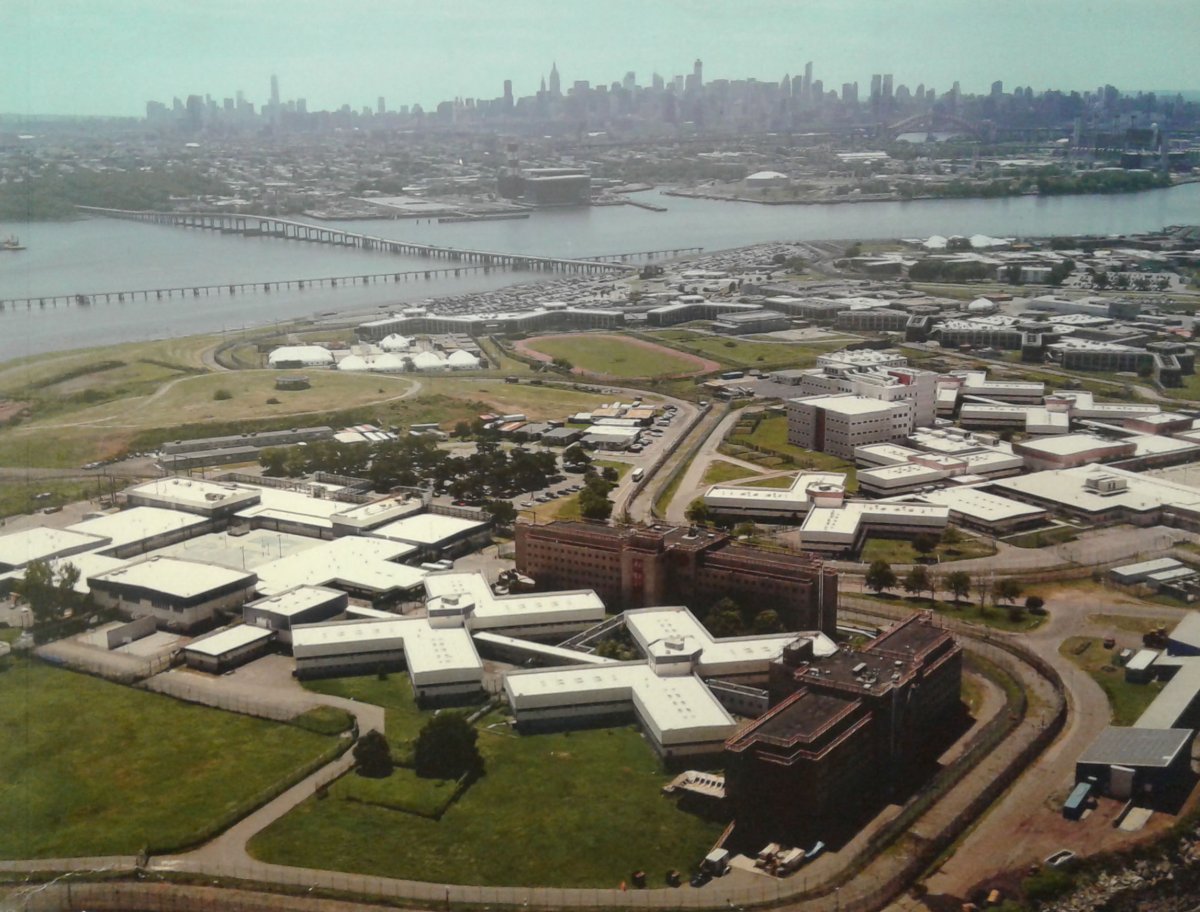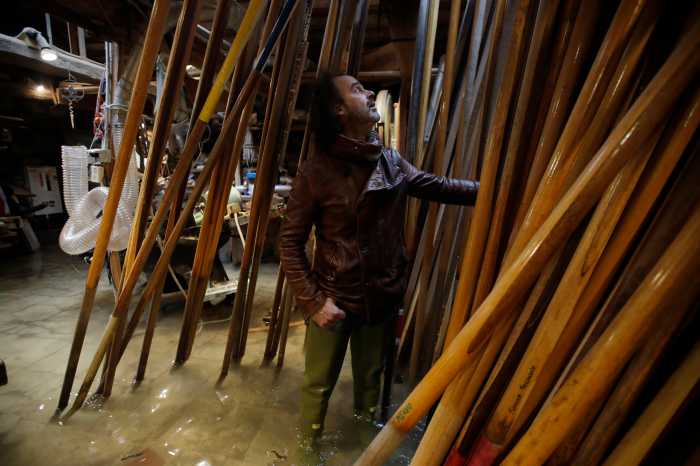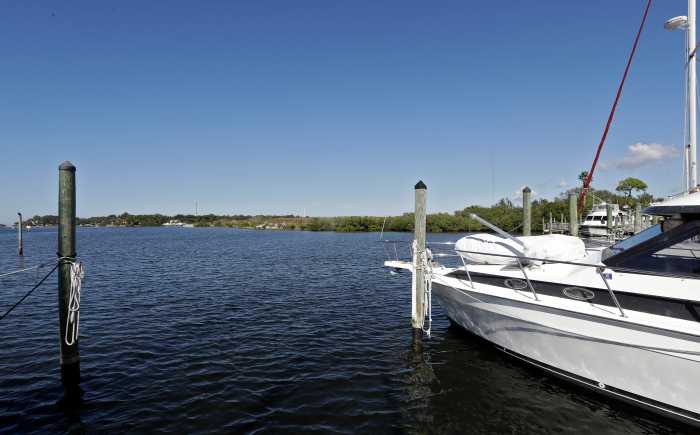Mayor Bill de Blasio signed into law a bill that will create an advisory committee to weigh the options of a future without a jail system on Rikers Island in the years ahead.
As part of the process started under the speakership of former Councilwoman Melissa Mark-Viverito to dismantle what many perceive as an antiquated symbol of injustice rather than justice, the bill begins the process of transferring parts of Rikers Island from the Department of Corrections to the Citywide Administrative Services Department.
More than likely, the space will be used for renewable initiatives and smaller detention facilities will be built in each borough –except Staten Island – closer to courts and less isolated.
“More will come over the years ahead on the way to fully leaving Rikers Island as a place for incarceration and creating it as a place that will play an important role in a positive future for this city,” de Blasio said. “So, we’re going to write the wrongs of the past as we leave Rikers Island behind and legislation today is going to help us do it. It’s going to help us re-imagine the spaces on Rikers Island and how they’ll contribute to the future of this city, and we’ll do so because of this legislation in a way that focuses on environmental justice, that focuses on social justice, that focuses on sustainability.”
The Rikers Island advisory committee created under the bill will comprise of criminal justice reform advocates who were themselves detained on the little patch of land between Queens and the Bronx. With cash bail reform, the de Blasio administration has anticipated keeping fewer New Yorkers in jail and have devised controversial plans for facilities near communities who have long objected to the proposals.
Tyler Nims, who was executive director of the Lippman Commission which recommended closing Rikers in exchange to less isolated locations.
“We’re marching down a long road, a hard road, towards closing Rikers to addressing the injustices that it represents. We’re a long way from the end of that road, but the progress that we’ve seen, the progress we’ve made over the past four years, is a testament to the power of the vision,” Nims said. “These bills, the renewable Rikers bills, they’re the latest example, they point the way to a better future. We have concluded our commission, the environmental potential for Rikers is enormous. So is the potential for reparative justice.”
One of the bills signed directs the Mayor’s Office of Sustainability to study the feasibility of constructing renewable energy sources on Rikers Island. First projected to cost $11 billion in 2019, later figures indicated it would ultimately cost the city $8.7 billion for the four borough-based jails with an initial completion date of 2026.



































